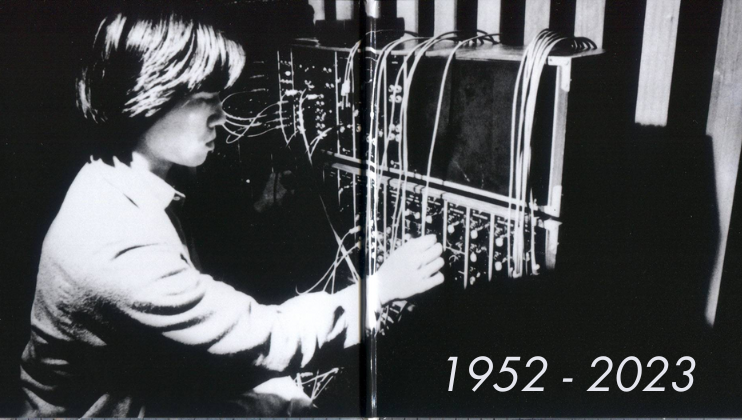
A sad day for the world of music as we hear news of Ryuichi Sakamoto’s passing. One of the worlds greatest composers, musicians, and pioneers, who, with Yellow Magic Orchestra, brought everyone’s attention to Japan, and himself shaped the future of electronic music.
Enduringly popular and well-loved the world over, Ryuichi Sakamoto perhaps made the biggest name for himself scoring film soundtracks, winning Oscars for his work on The Revenant and The Last Emperor. His soundtrack for Merry Christmas, Mr. Lawrence (his directorial and acting debut), and indeed its title track, earned him plaudits from an audience much wider than the typical enjoyers of his proto-techno sound. While the tragedy of his death is felt the world over, his passing resonates deeply within the electronic music scene that he almost alone had shaped. Upon his death, we reflect on his life's work, especially in how he stood out for being one of music's few true inventors.
In the late 70s, electronic music as we know it was in its infancy, and Sakamoto was one of its parents. Alongside Kraftwerk, Giorgio Moroder, and Brian Eno, Sakamoto was one of its founding fathers. The driving force behind Yellow Magic Orchestra's signature electronic sound, who with them not only pushed the boundaries but created them, venturing into the deep unknown on each release. The first artist to play a Roland TR-808 drum machine, the piece of kit that would become to electronic music what the electric guitar is to rock, Sakamoto laid the groundwork for every electronic artist from then on. From his very first solo record, Thousand Knives, he had been defining and redefining what was possible in the new, exciting world of electronica.
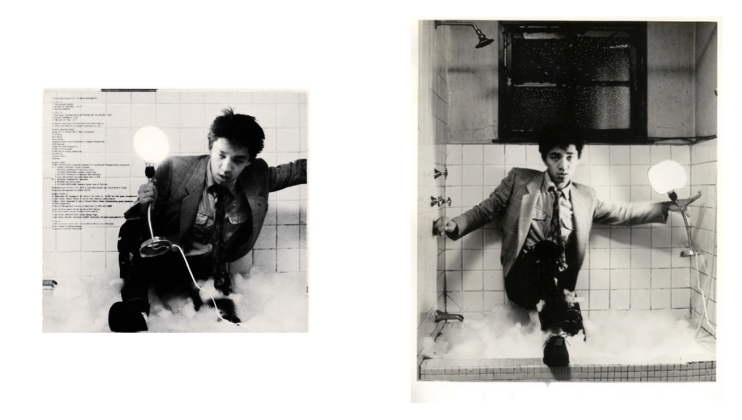
It is difficult for me to articulate just exactly how ahead of its time Thousand Knives was, or is. Listening back to 'Das Neue Japanische Elektronische Volksleid', you'd be forgiven for mistaking it for an experimental late techno track, perhaps from a decade or two after its release in 1978. Even today it sounds too bold to be given a popular release, even though the synths in it have become somewhat understandably aged in the last half-century. Compare to Mort Garson's Plantasia from only three years earlier, a record that modern fans hail for being ahead of its time; A Thousand Knives is leagues ahead, with a sound so full you feel as if he crafted his own world just for you, almost like a moving soundtrack to a video game that wouldn't be released for another fifteen years.
You can go on forever about Thousand Knives, how he was showing audiences what was possible with electronic kit, how he was creating about four genres per track in his imponderable combination of novel electronica and Western and Eastern classical music, about how similar artists spent decades and thousands to only get near to the level of the record, only for him to go on and change electronic music again on B-2 Unit.
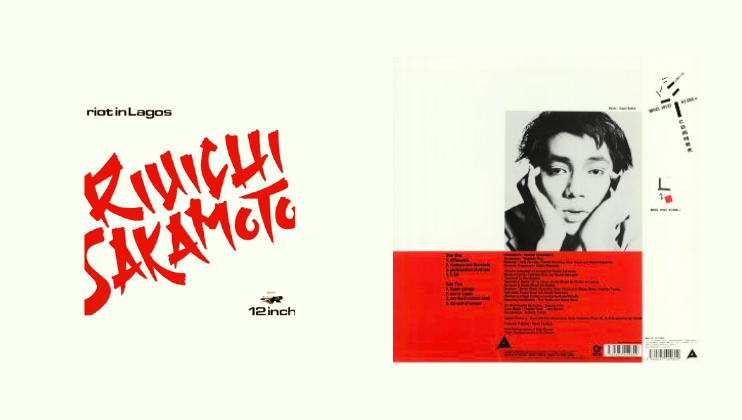
Years before techno or house even existed as genres, Sakamoto had already invented it on 'riot in Lagos'. While B-2 Unit went more in the direction of ambient and is generally considered less remarkable than Thousand Knives, it is most notable for containing the father of about seventeen different genres. Absolute lightyears ahead of anything coming out of North America or Europe at the time, 'riot in Lagos' is ground-breaking for its syncopated four-on-the-floor beat, whirling synths, clacking snares, polyrhythmic grooves, Afrobeat inspiration, and gloomy, industrial sound that would lay the path for every and any dance artist to come after him.
Released in 1980, it sounds even fresh for 1989. This is where we are entitled to call Sakamoto an inventor; not only could he push boundaries with the frankly outdated electronic equipment available to him at the time, but with them create entirely novel combinations of sounds. Whereas many electronic artists where simply playing rock or pop songs with electronic instruments, he employed electronic music as a cohesive ethos: the sounds of the future must be used to make the sound of the future. The sound inevtiably became electronic dance, now one of the world's most popular genres. All roads lead to Ryuichi.
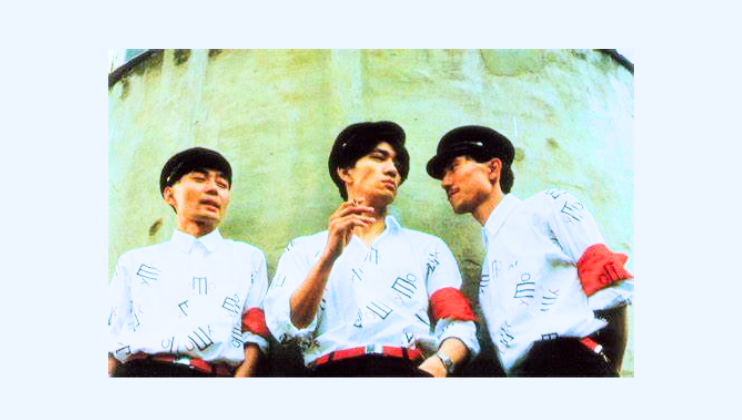
It was his work with Yellow Magic Orchestra that brought him the most attention, however. Haruomi Hosono, previously a folk artist in the era-defining Happy End, and Yukihiro Takahashi, one of the first Japanese City Pop artists, combined with the electronically adept and ethnomusicology-inclined Sakamoto to form Japan's greatest ever supergroup. Sakamoto was chiefly in charge of the groups production, being the most capable of synthesising and producing electronic music of the group.
The list of artists and genres they have influenced is frankly endless. The groundwork they laid in Japanese popular music is vast enough to pave over the whole of Tokyo and beyond. Duran Duran cite them as major influences, as they inspired the New Romantic movement in the UK and Europe, as well as electropop, cyberpunk - of which they were dubbed "the original cyberpunks" - Ambient House, dubstep, techno, jungle, even 80s hip hop. You can hear sizable chunks of their influence in 8-bit music used for video games, with their sleek, upbeat pop style translating perfectly onto the cartridge. Fellow YMO member Yukihiro Takahashi passed away earlier this year, also from a long battle with cancer.
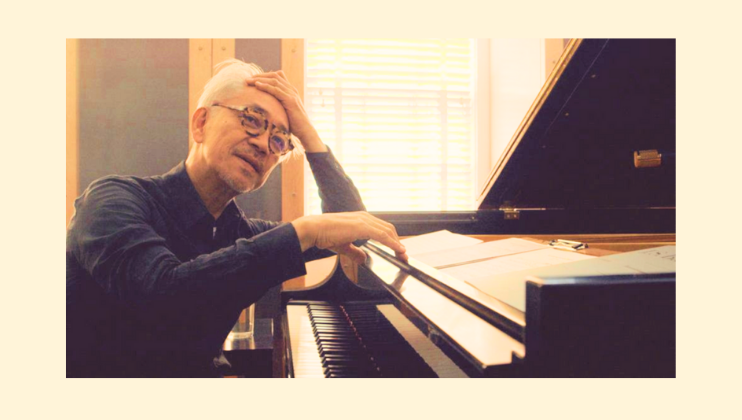
Sakamoto would go onto produce many a film soundtrack, an apt career choice considering the soundscapes he was capable of creating. His work would venture into more ambient territory, as well as his instrumentation becoming more piano-focused. Despite a long and illustrious career with many massive highlights, it was hard, if not impossible, to top the innovation for which he set the bar in the first five years of his musical career.
With the crucial role that Sakamoto had in Yellow Magic Orchestra, and the deep and wide influence that his solo and group work had on the world of music from the late-70s onwards, there is a strong argument to be made that he is the most important of the last fifty years. His loss is nothing short of an immeasurable tragedy to the world of electronic music. RIP Ryuichi Sakamoto.
